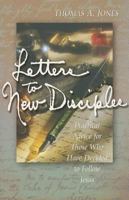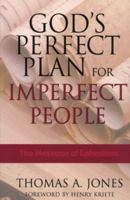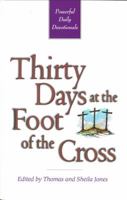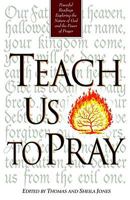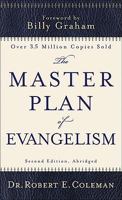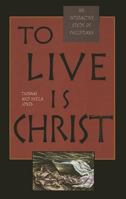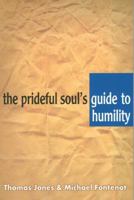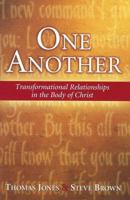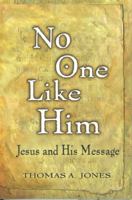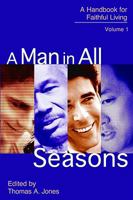J. Wilkes Booth: An Account of His Sojourn in Southern Maryland After the Assassination of Abraham Lincoln, His Passage Across the Poto
Select Format
Select Condition 
You Might Also Enjoy
Book Overview
This work has been selected by scholars as being culturally important and is part of the knowledge base of civilization as we know it.This work is in the public domain in the United States of America, and possibly other nations. Within the United States, you may freely copy and distribute this work, as no entity (individual or corporate) has a copyright on the body of the work.Scholars believe, and we concur, that this work is important enough to be preserved, reproduced, and made generally available to the public. To ensure a quality reading experience, this work has been proofread and republished using a format that seamlessly blends the original graphical elements with text in an easy-to-read typeface.We appreciate your support of the preservation process, and thank you for being an important part of keeping this knowledge alive and relevant. This description may be from another edition of this product.
Format:Paperback
Language:English
ISBN:1556133022
ISBN13:9781556133022
Release Date:December 2019
Publisher:Heritage Books
Length:128 Pages
Weight:0.45 lbs.
More by Thomas A. Jones
Customer Reviews
5 customer ratings | 5 reviews
There are currently no reviews. Be the first to review this work.














